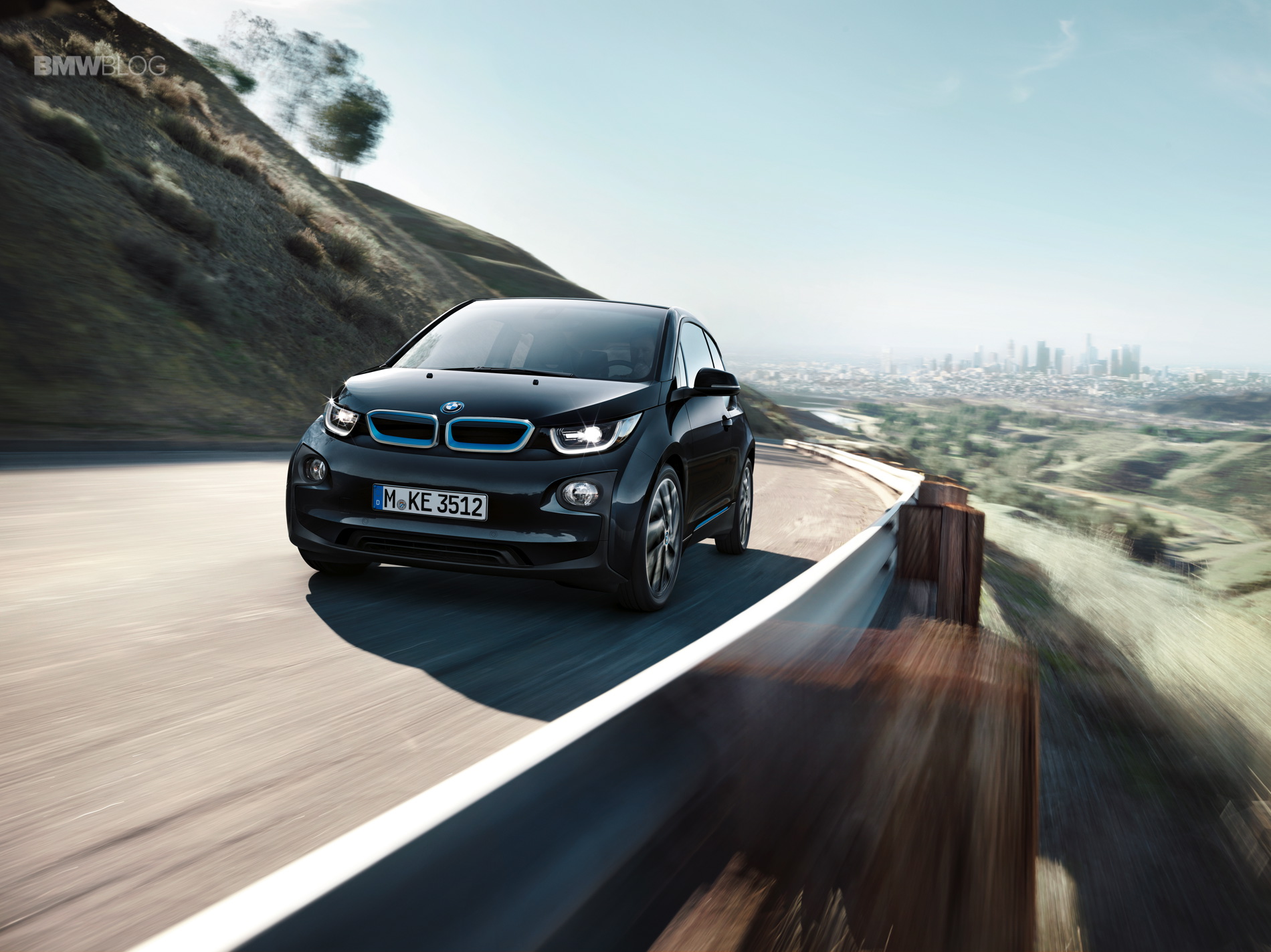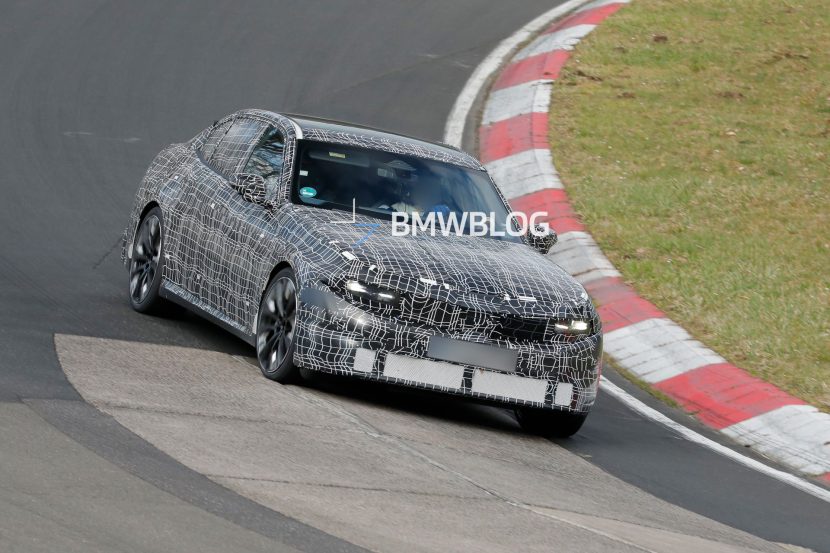When Elon Musk revealed his latest electric car, the Tesla Model 3, it drew so much attention and demand that it had 400,000 reservations before Musk had the chance to get back into his leather chair and continue stroking his white cat. Blofeld-ian tendencies aside, the Model 3 is offering an extremely enticing automotive proposition. It’s such an attractive package, in fact, that it could seriously put a damper on the BMW i3‘s sales, as well as every other EV. But now that BMW has updated its i3, does it stand a chance against the upcoming Tesla Model 3?
I think it does, in its own special way. Hear me out.
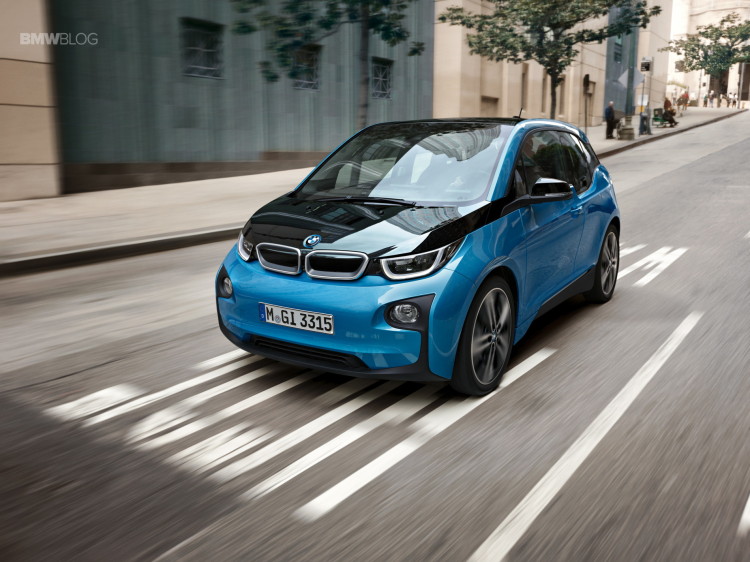
Let’s say the Model 3 is actually released in 2018 like Musk says, despite continuous setbacks, it will be a very tough competitor. While there is almost no official info for the Model 3, as the car is still in its production infancy, it’s still going to boast some impressive numbers. With the smallest available battery offering up around 215 miles of range, 0-60 mph in under six seconds and a price tag of around $30,000, maybe even less with incentives. That would be 100 more miles of range over the newly updated i3, a faster 0-60 mph time at a price that’s around $12,000 cheaper. So it’s a formidable opponent.
However, the newly updated BMW i3 is no slouch either. For 2017 models, the BMW i3 will now pack 114 miles of pure BEV range, an upgrade of around 33 miles. However, despite the added range, the batteries are no larger than they were before and fit into the exact same battery tray. The only other increase is in weight and it’s only by a bit, as the batteries grew in density, hence the extra range. But performance numbers stayed the same, as did everything else. So BMW was able to increase range without any negative impact, it didn’t just add more batteries and weight the way some Silicon Valley companies do.
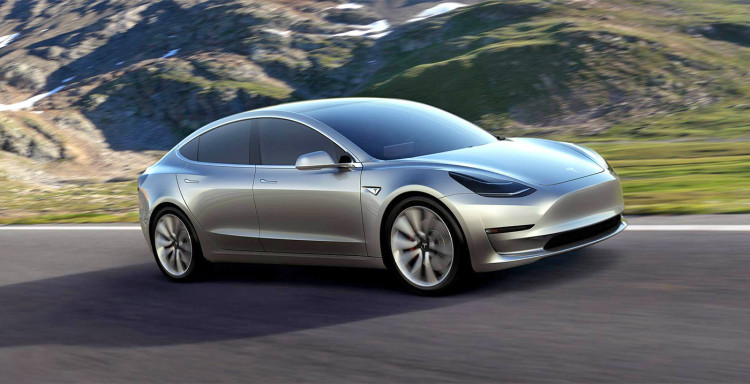
Now, the BMW i3’s 114 miles of range is still significantly less than the Model 3’s claimed 215, but 114 miles is more than double of the average American commute. So while it may not win the new range-race, it’s more than sufficient for everyday life. It also has some other redeeming qualities, enough that it actually does stand a chance against the upcoming Tesla. It’s a very compact car with excellent practicality, making it better than nearly anything other EV in cramped cities. And we must remember that the i3’s native environment is an urban one, so maximum range isn’t necessarily its forte. Its still going to be lighter than the Model 3, thanks to its CFRP (Carbon Fiber Reinforced Plastic) construction, and is the more exotic car. It’s also packed full of BMW’s latest iDrive technology and will be getting an impressive suite of autonomous technology as BMW starts releasing it. Oh, and the BMW i3 actually exists.
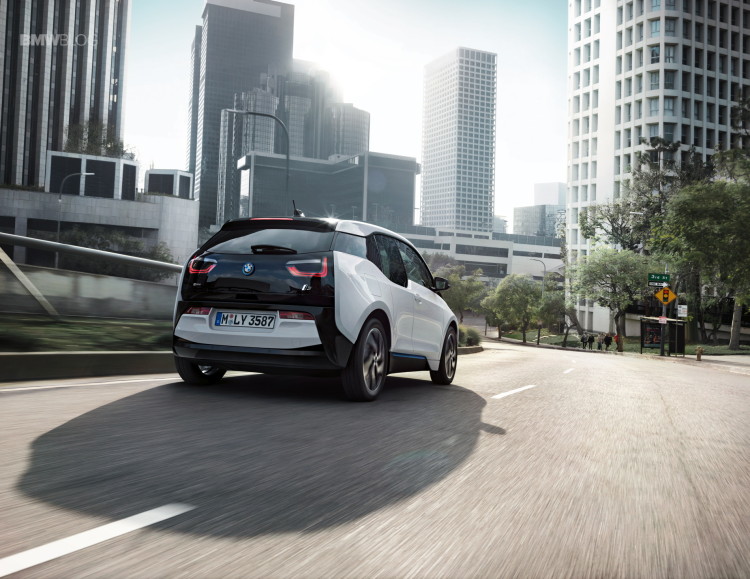
When the Tesla Model 3 comes out, whenever it does actually come out, it will be one of the best EVs on the market if it can deliver on even half of what Tesla is promising. If it can fully deliver, it will be almost impossible to beat at anywhere near its price range in most environments. However, regardless of how good the Model 3 is, I think there will always be a place in the market for the BMW i3. It’s the smaller, more compact and more practical car for city dwellers and it offers up more high-tech and exotic construction. So the Model 3 will be most likely be the superior EV in many situations, but the BMW i3 will remain among the best city cars available today.


